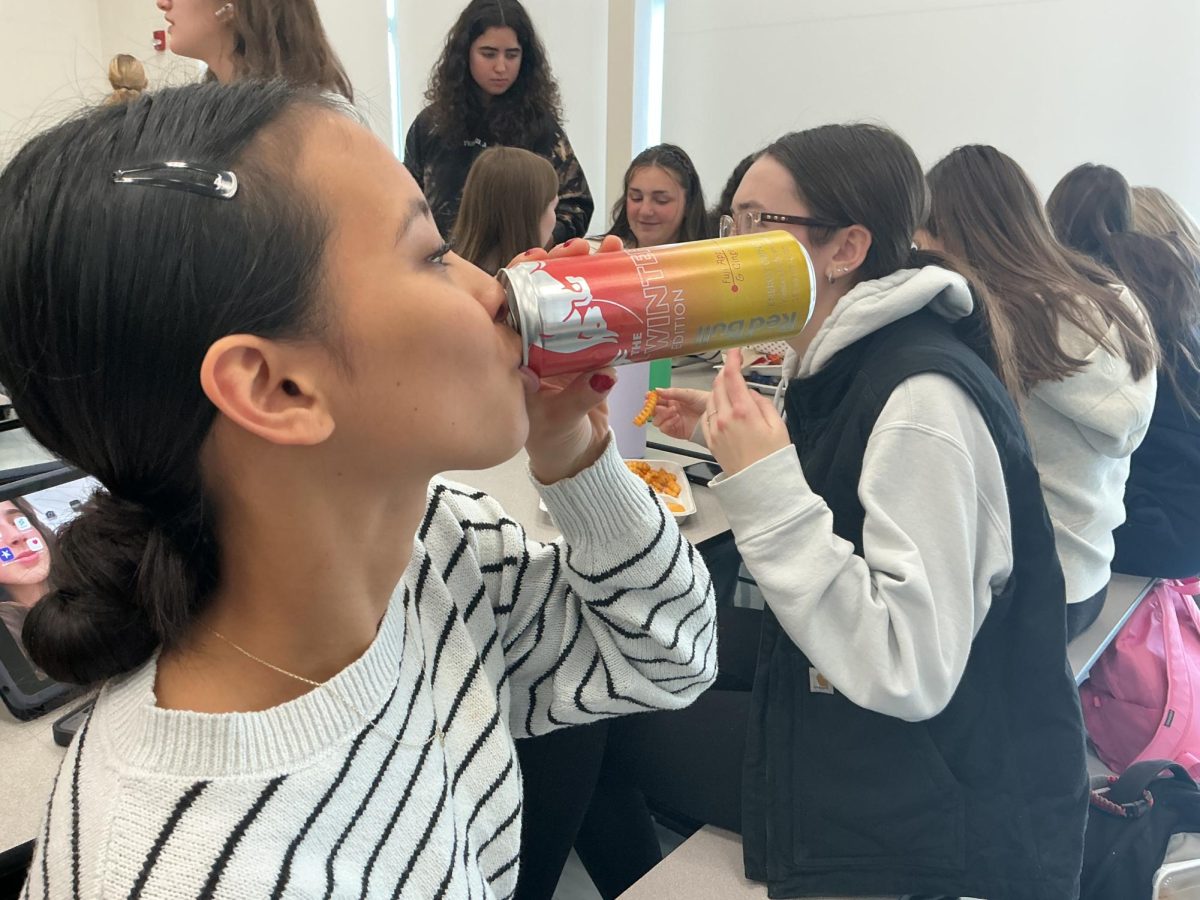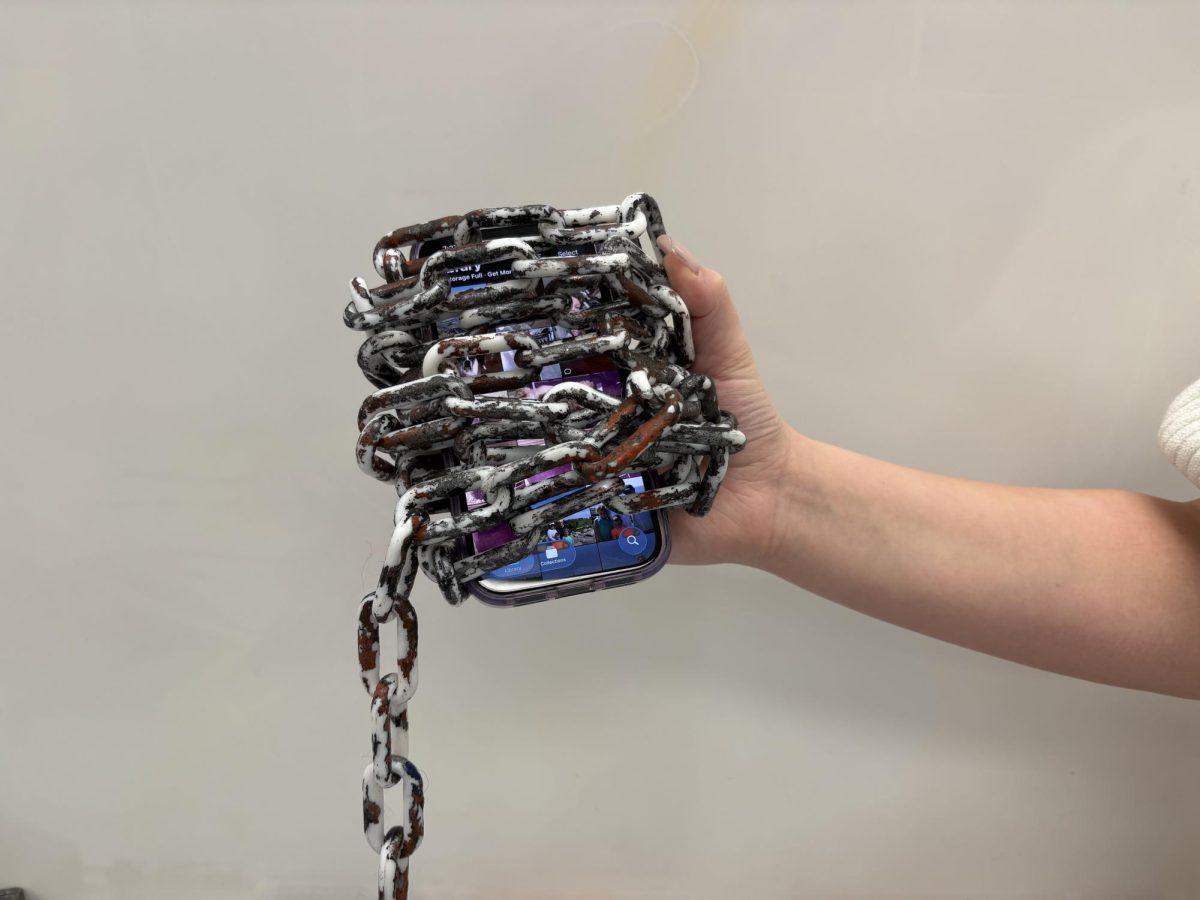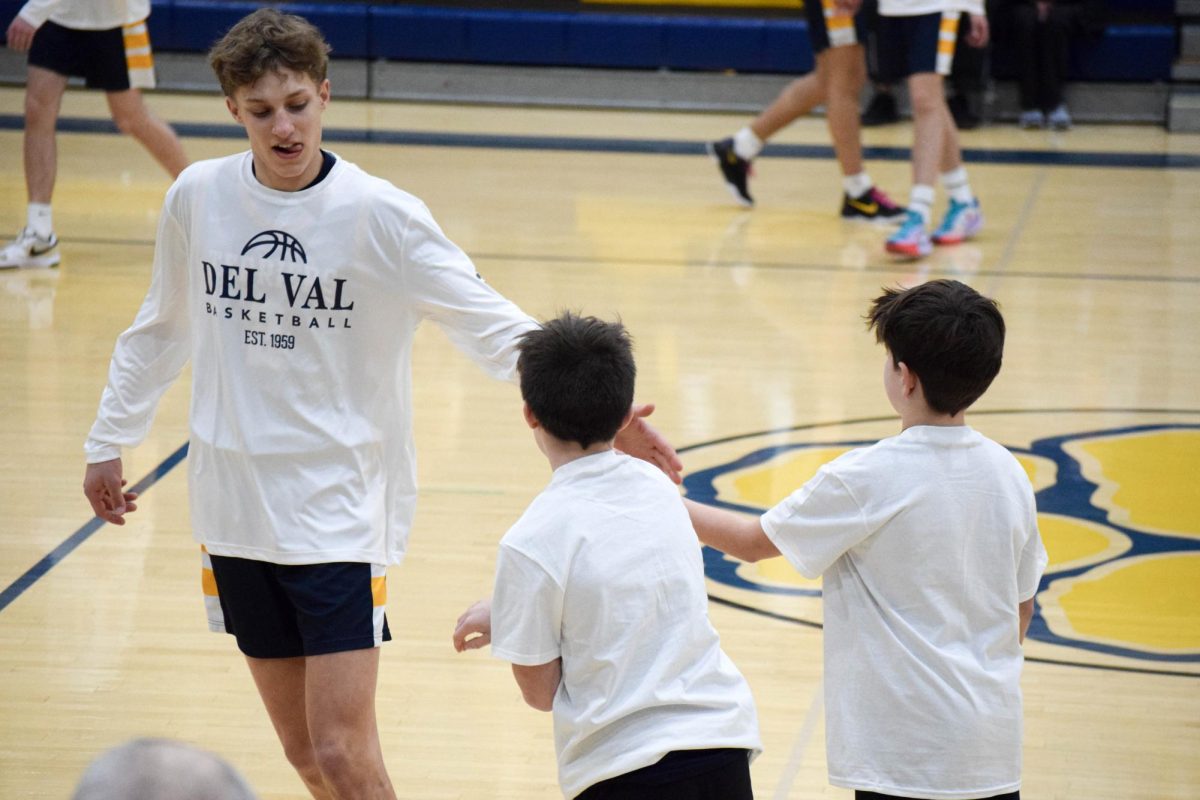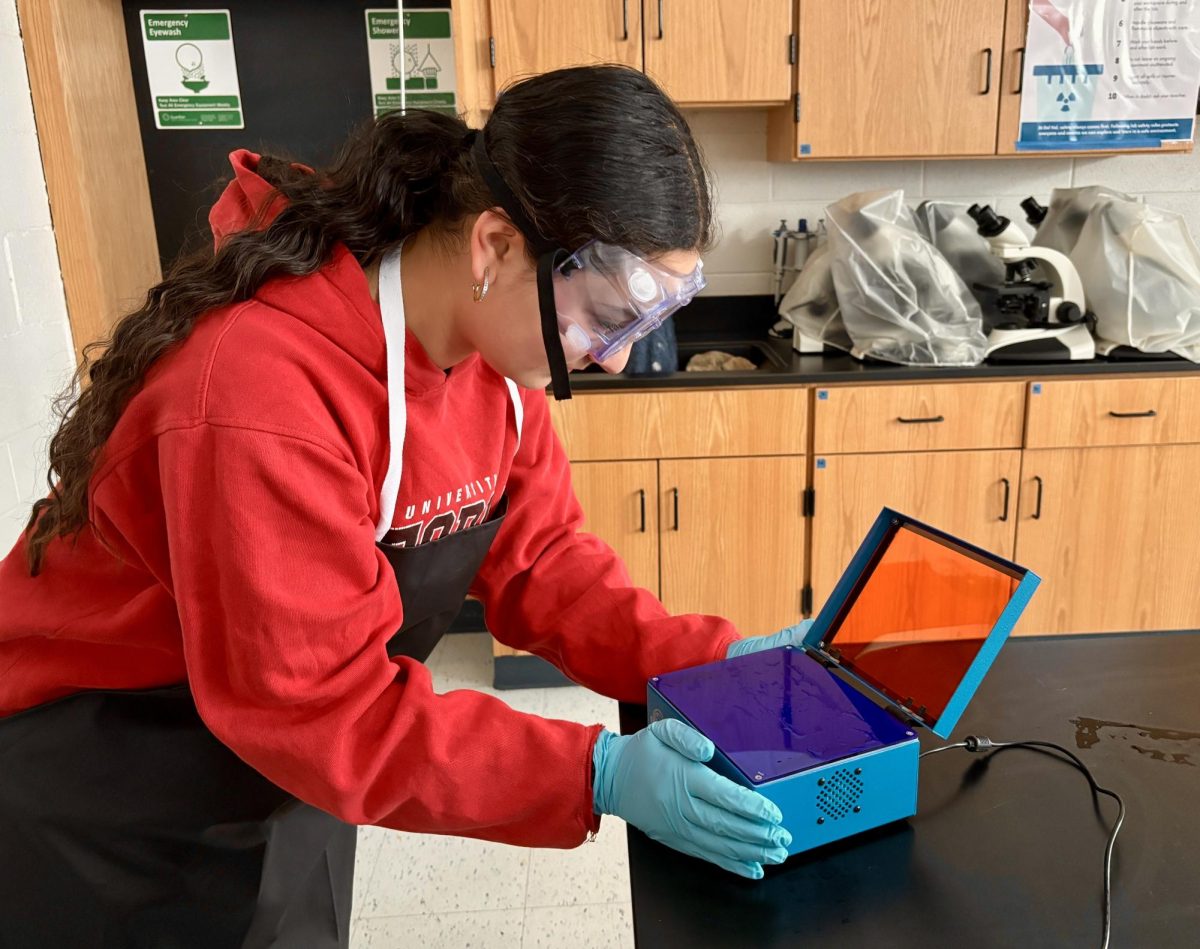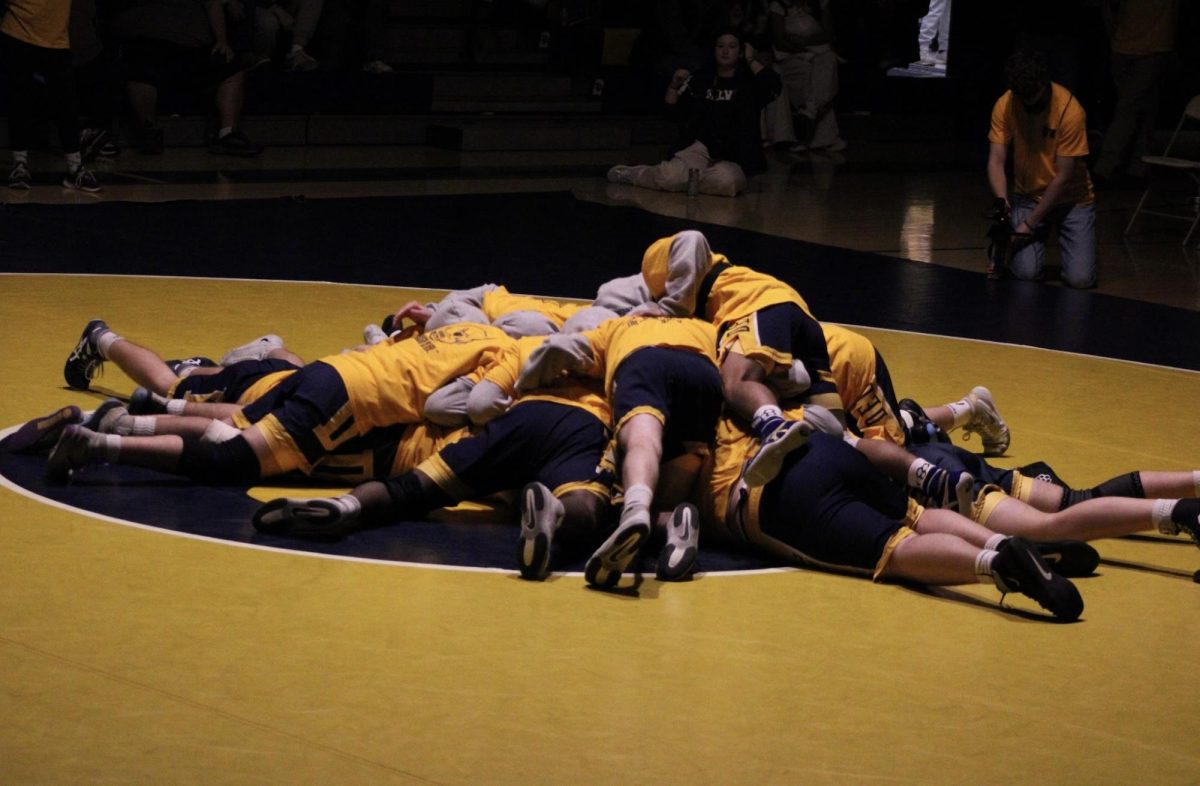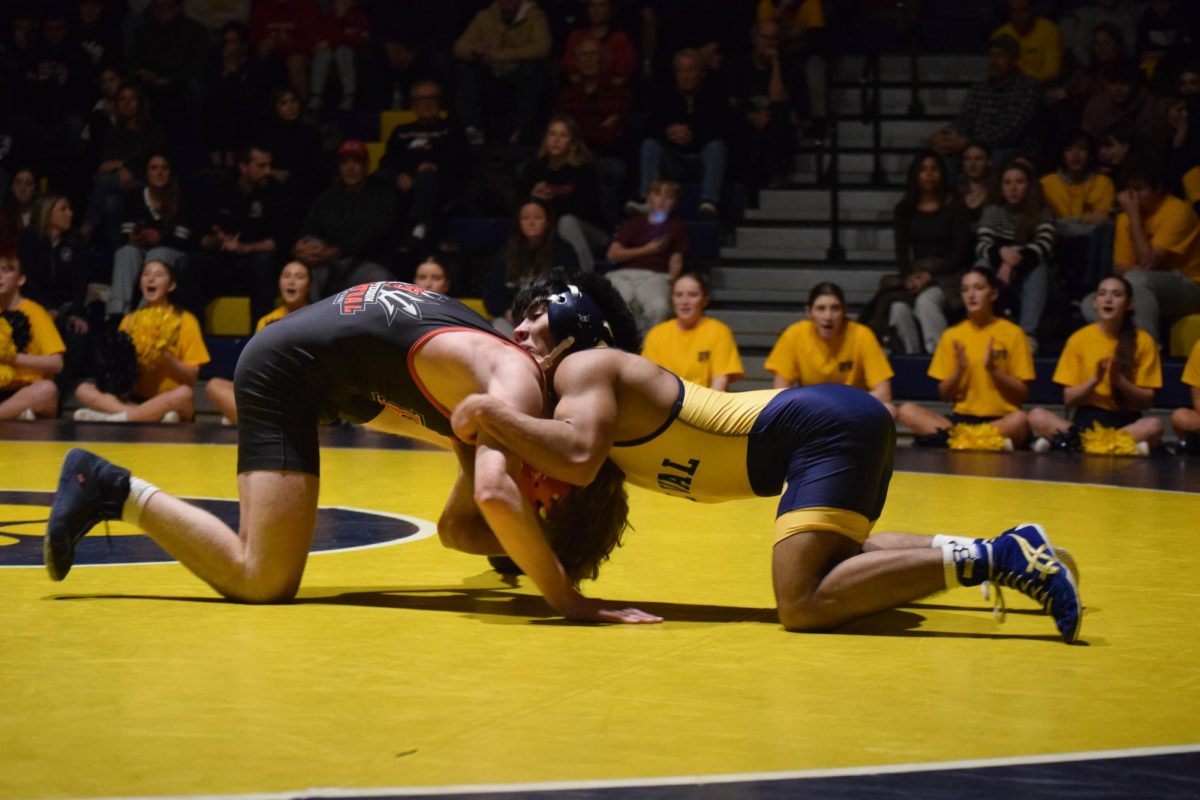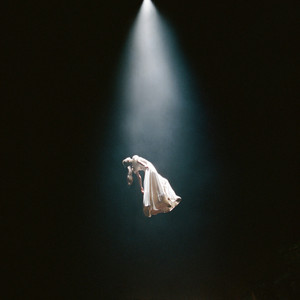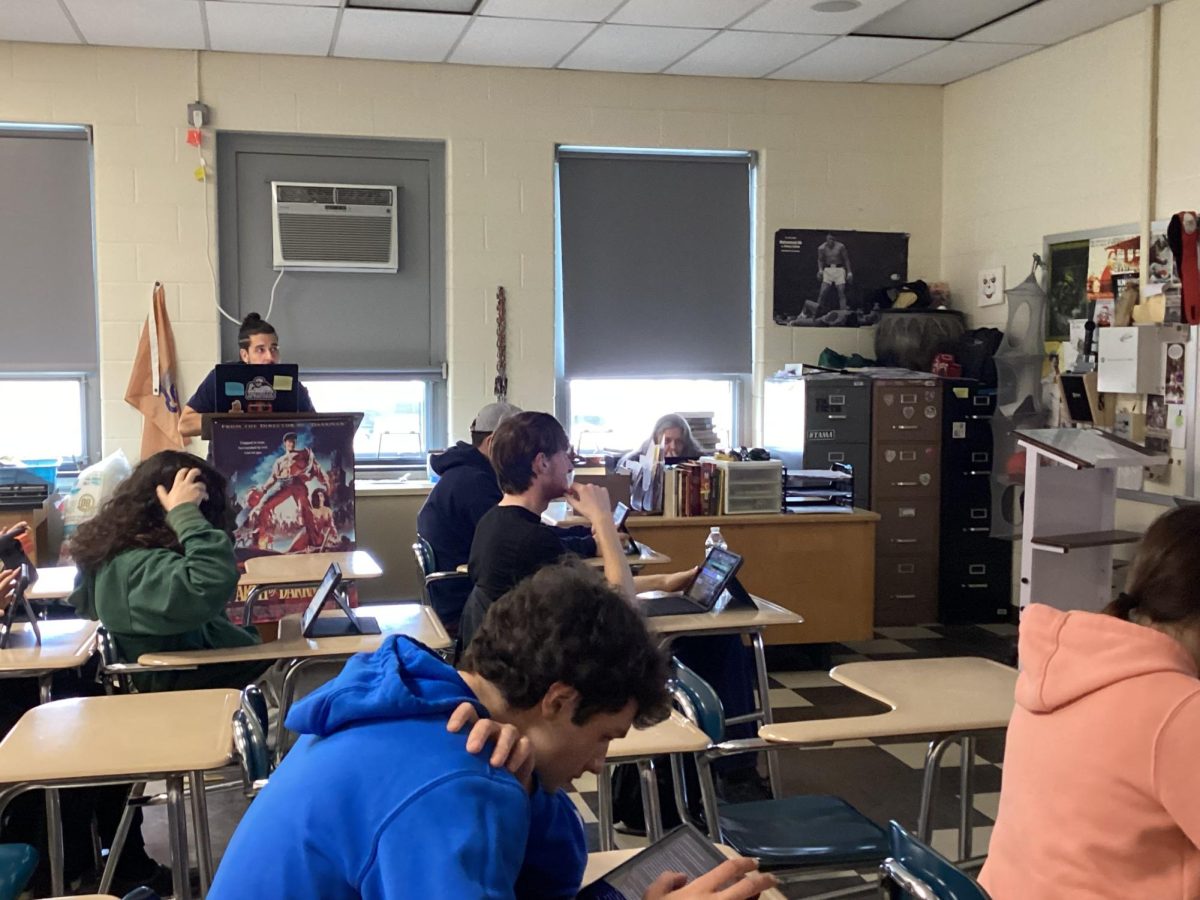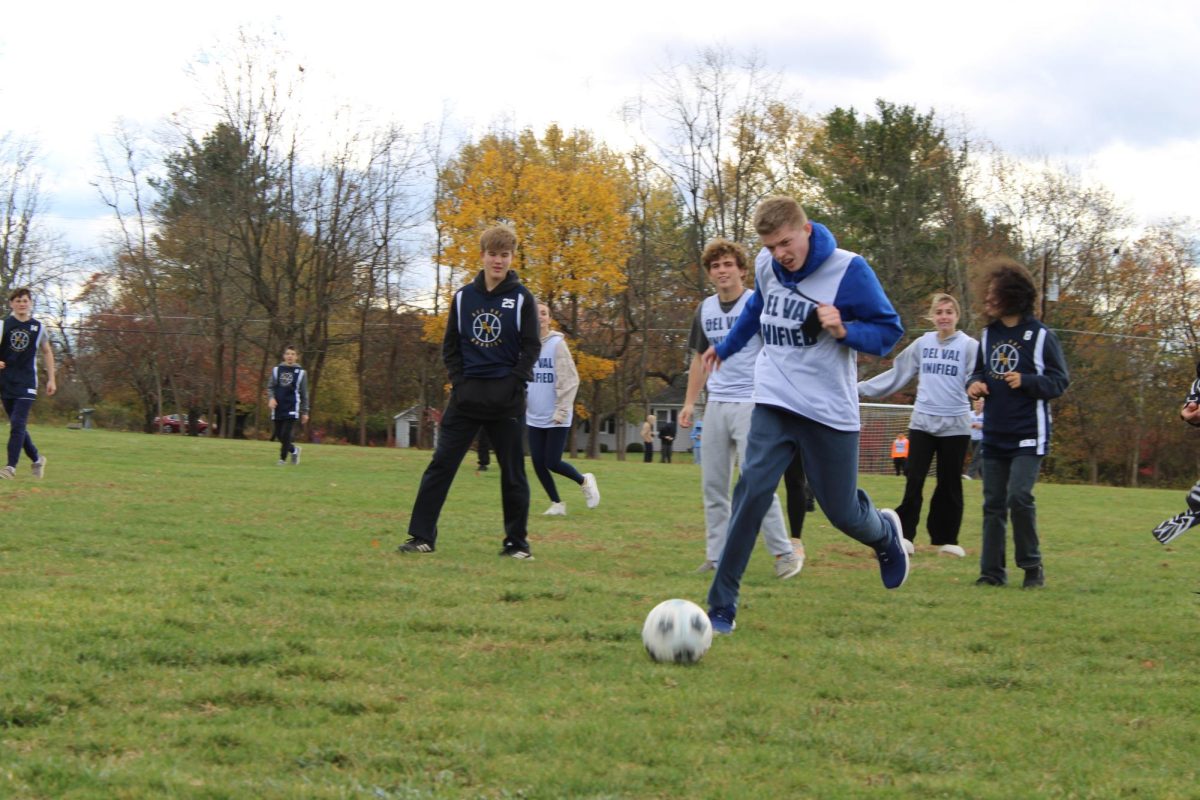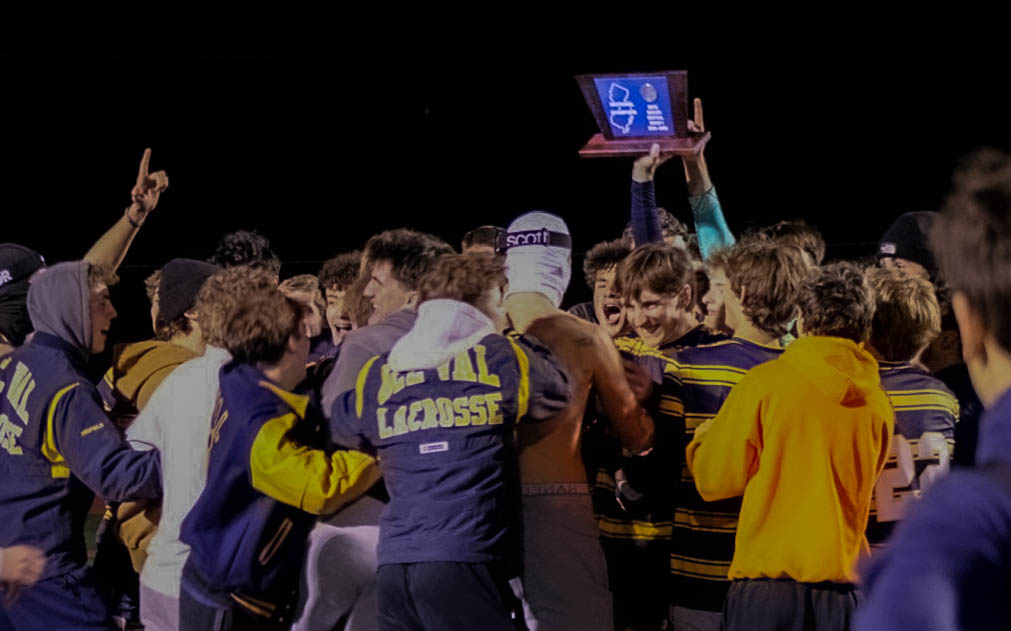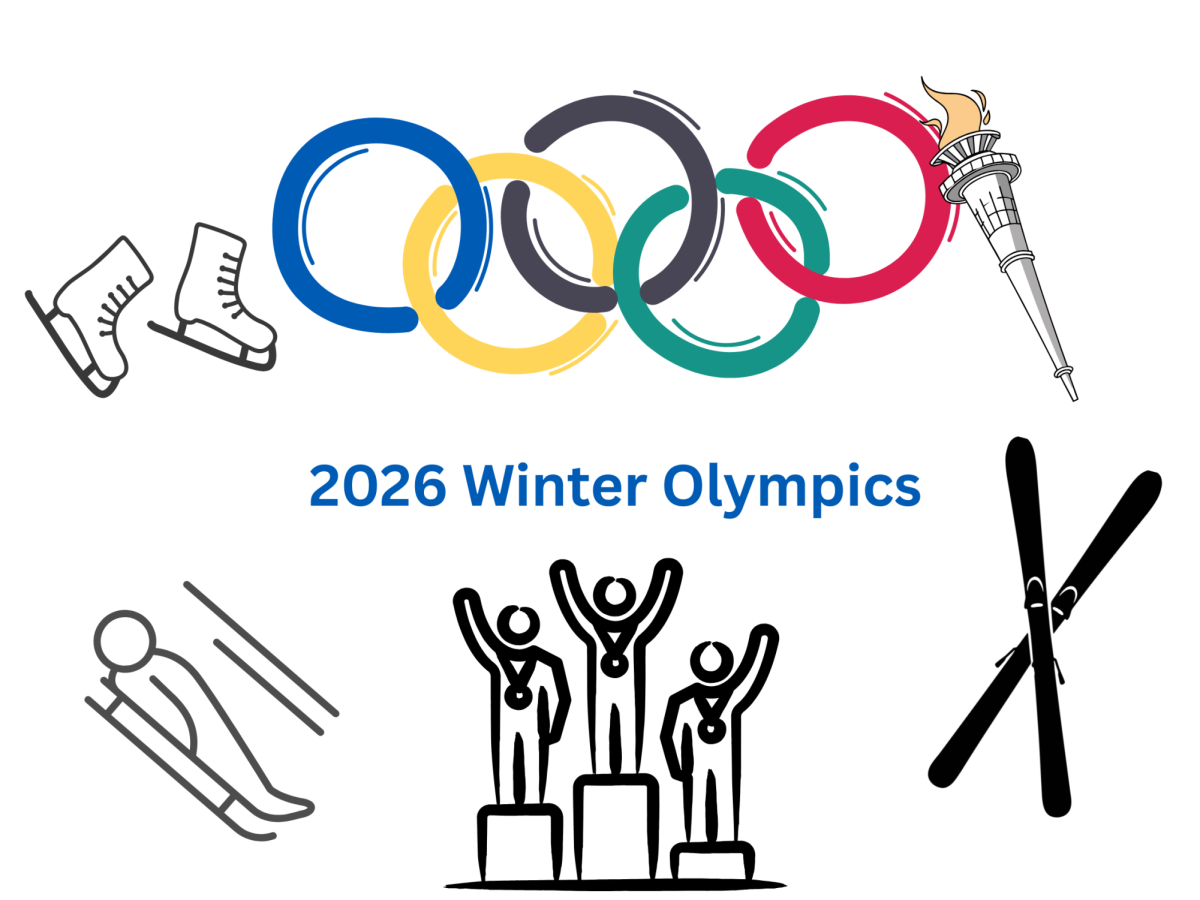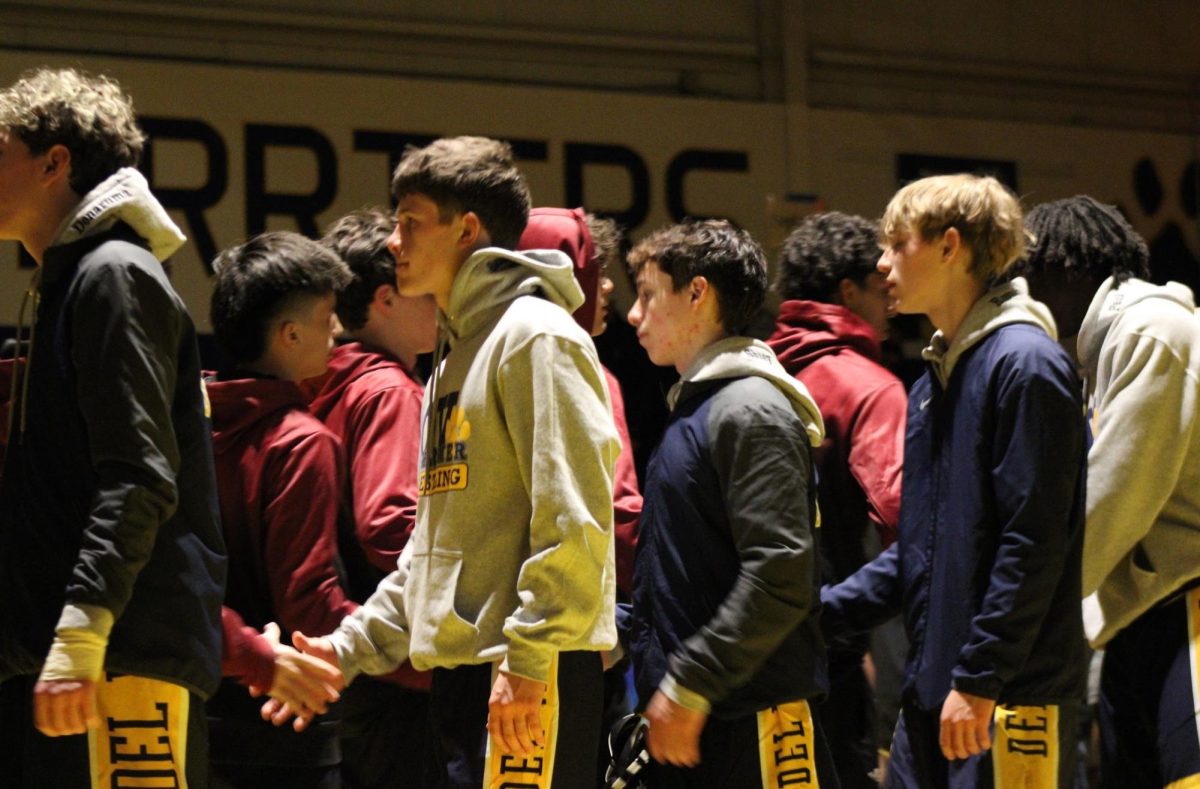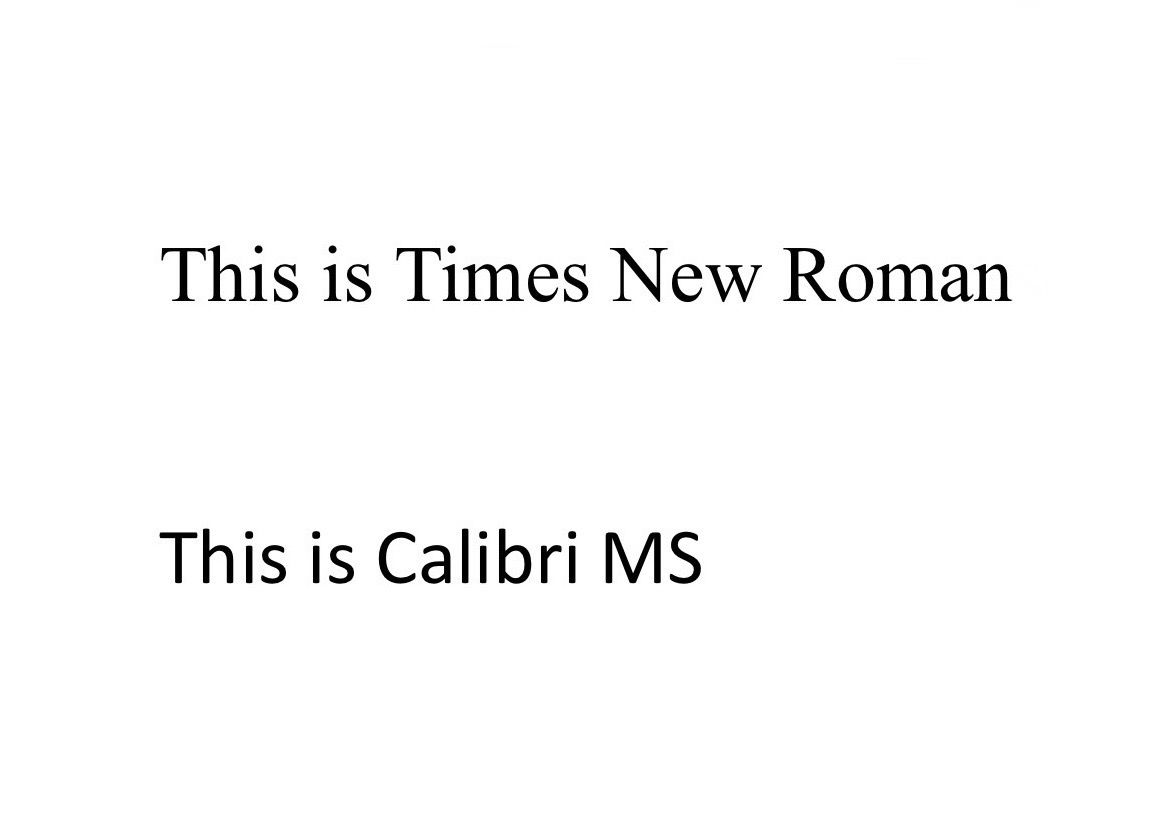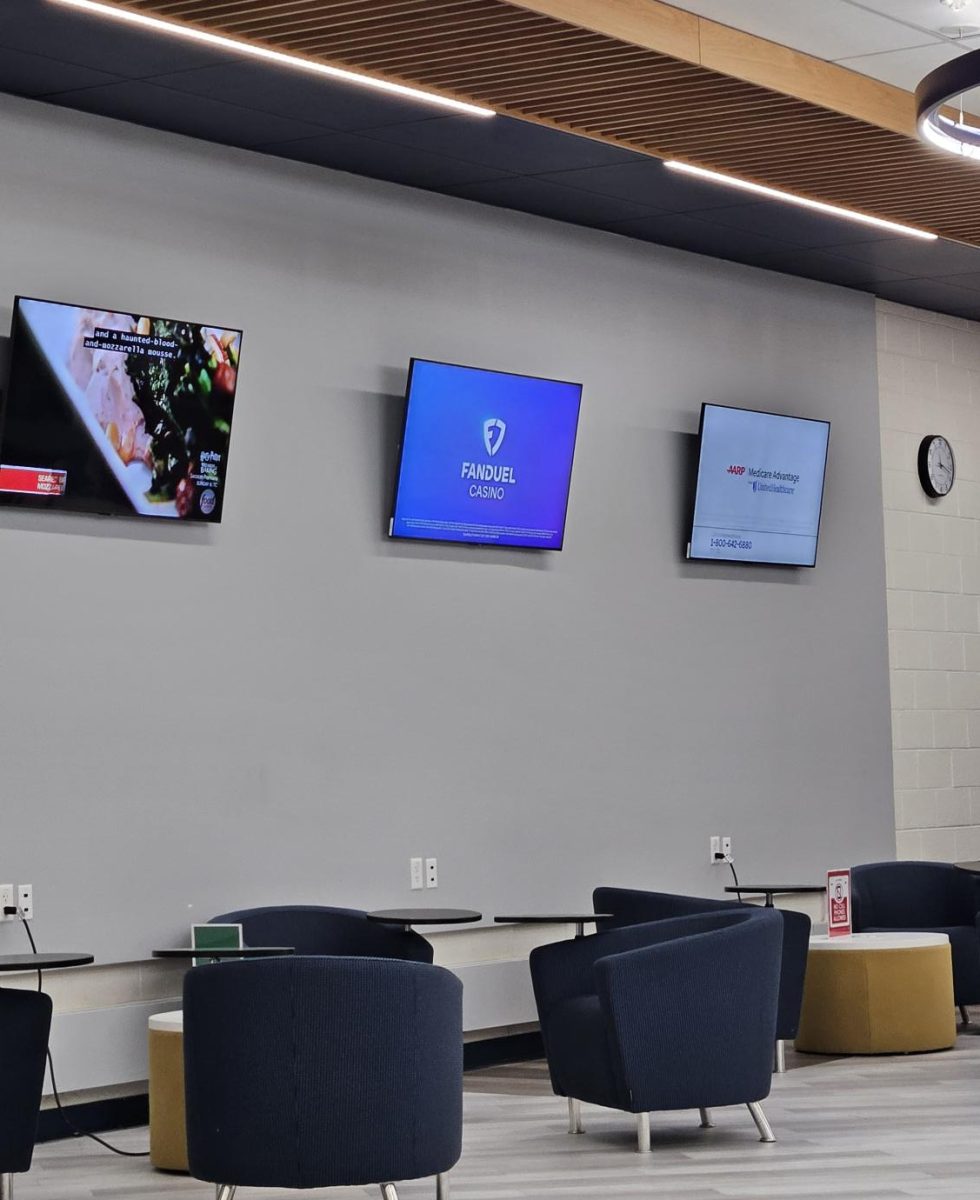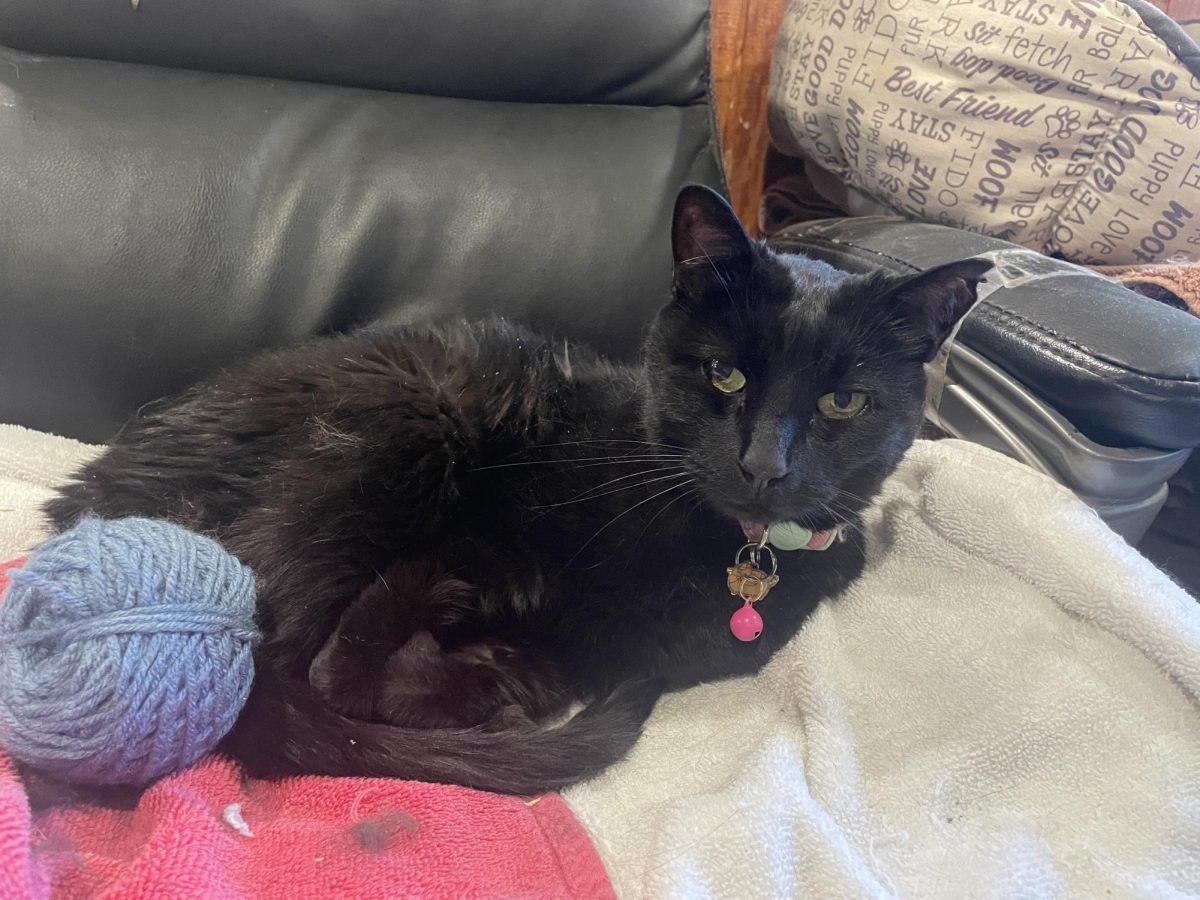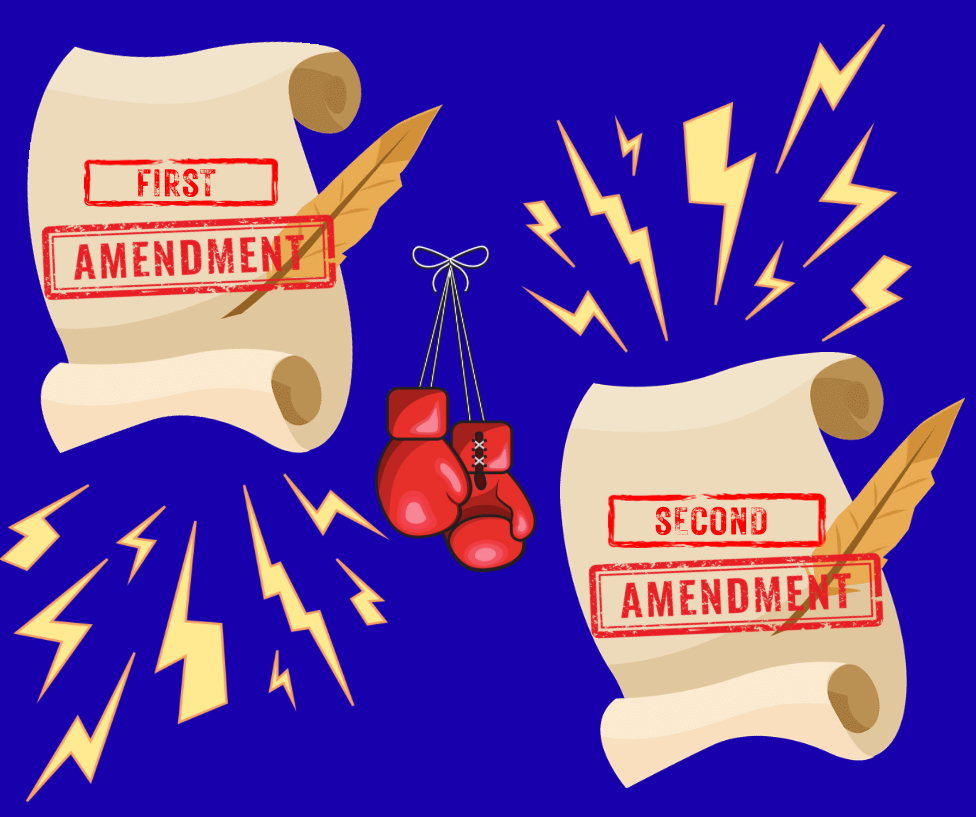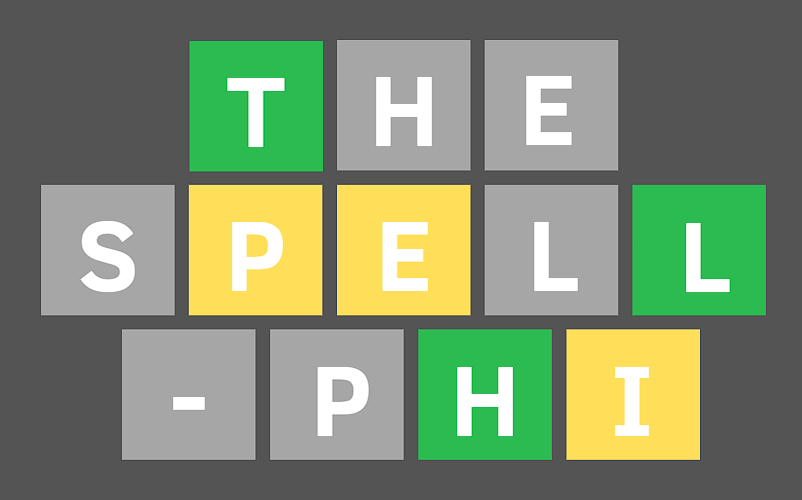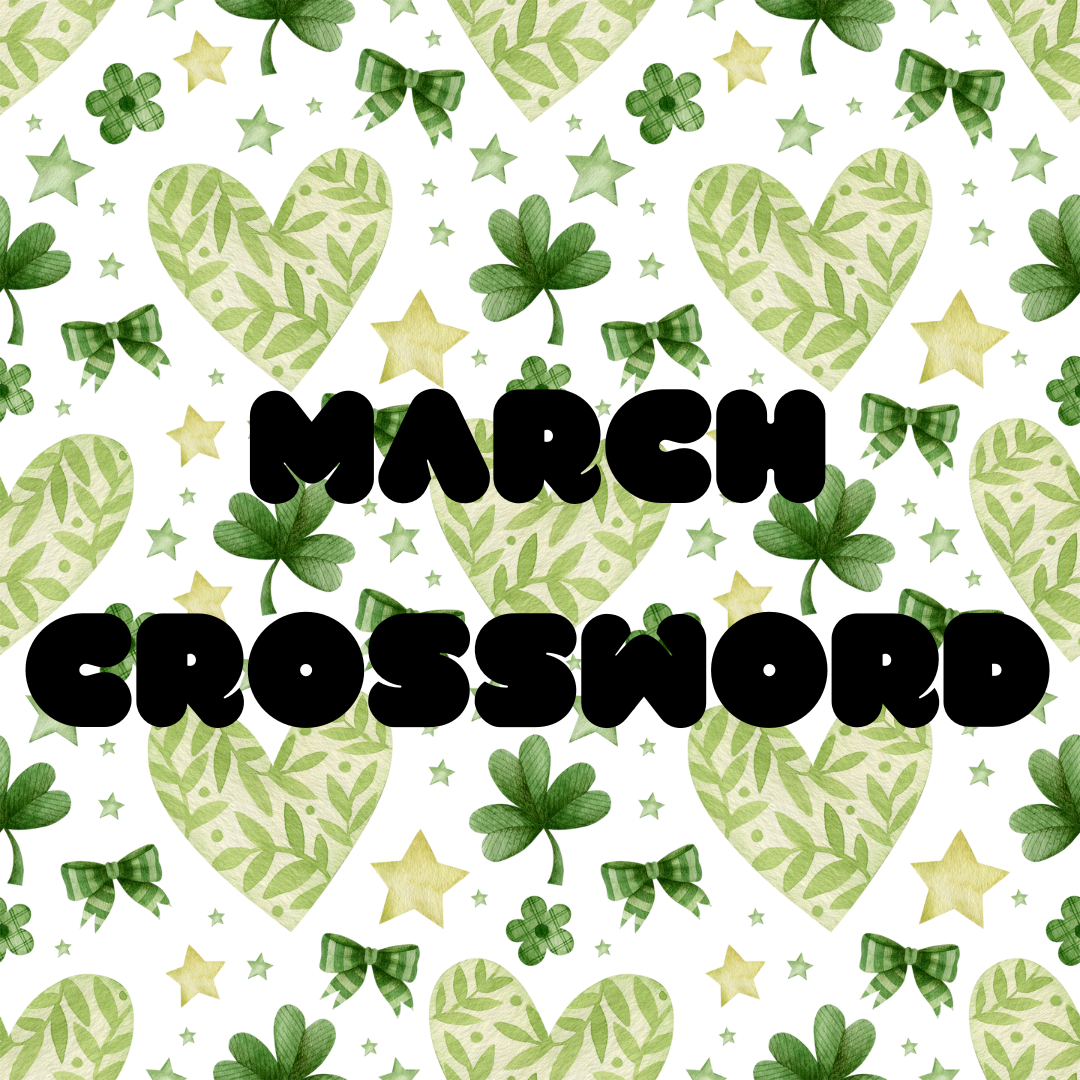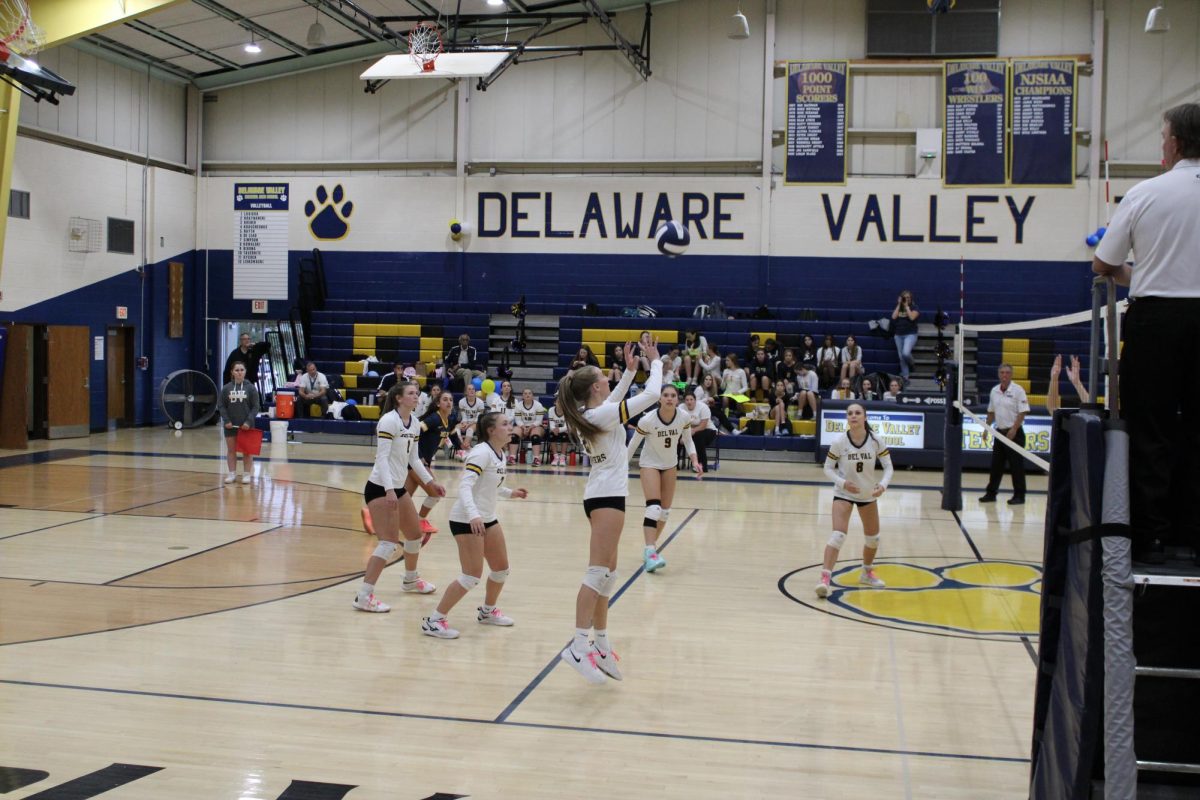The NCAA has created a new rule for women‘s volleyball that‘s causing stir amongst the volleyball community.
During the week of February 23, 2024, a new rule referring to the double contact rule changed.
Emily Ehman, a volleyball analyst, spoke to NPR News and explained the situation, explaining how in the past a double is when a player is setting the ball (taking it over their head and pushing it out to another player) and they happen to contact the ball in a way that creates spin. Usually, this happens when one hand touches the ball first, and then the other, causing the ball to spin in the air when it‘s set. When a double occurs on one side of the court, that team loses the point and the other team gains possession to serve.
While some players and coaches think this is a good change as it will prevent the game from stopping, this rule is going to affect players and the sport of volleyball negatively.
In order to perfectly set the ball every time, it takes skill, time and dedication. By changing this rule, every player’s hard work (especially setters’), those who have practiced their entire volleyball career perfecting this skill, doesn’t matter anymore. The art of setting has been stripped away by this rule as there’s no consequence to a bad set.
Although I do partially agree with how it allows the game and rallies to continue without getting stopped midway, I do think that by losing a point for a double just goes to show how difficult and important it is to do right.
Setting is one of most difficult skills to master in volleyball. By taking away the double contact rule, volleyball players are now feeling like their hard work was for nothing.
Players have expressed their disappointment across social media platforms, especially on TikTok, saying how they’ve worked so hard to develop their abilities, and this new rule reduces their hard working skill.
As of now, this rule has only changed for college-level volleyball. However, there are many speculations that it would change at all levels of volleyball in the future.


